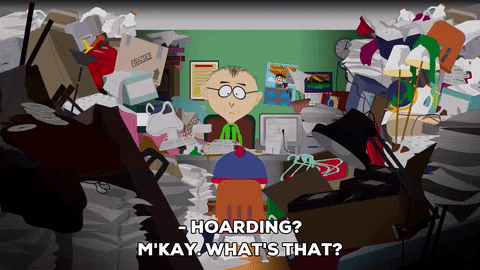We all know the writing motto: show, don’t tell.
But don’t we all get overwhelmed when we think we need to show everything? Are there certain categories of showing emotion or a character’s feeling towards something versus telling? Well, you can answer those questions because we’re going to share a quoted post. The original author is MIA but we do want you all to know – it wasn’t our idea. We’re simply adding a bit of input!
How to write ‘they blushed’ without writing ‘they blushed’:
- They took a step backwards.
- They shifted their weight from one side to the other.
- They hid their face in their hands.
- They shifted their glance to something else in the room, all around the room for that matter.
- Their eyes widened.
- They crossed their arms.
- They leaned into themselves.
- They scratched the back of their head.
- Utilize hand motions. When people are nervous or embarrassed, they tend to use their hands to declare their frustration.
- Quirks! Each character should have their own quirks even before you begin writing. It’s their go-to and displays some of their negative traits sometimes.













